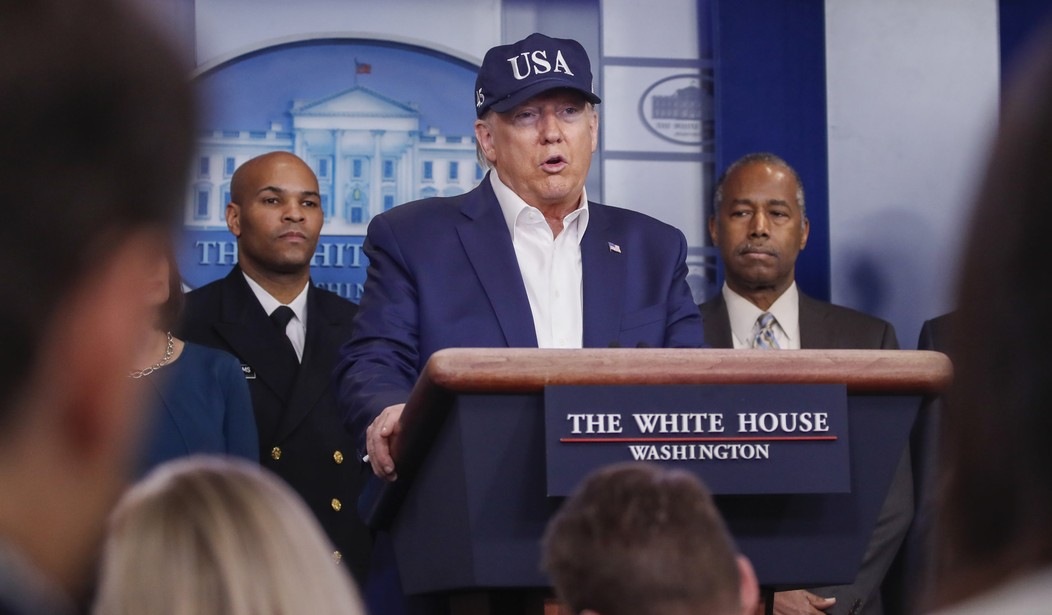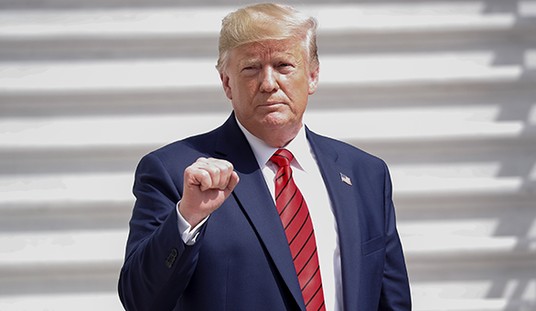What was unthinkable just over a week ago has become commonplace. Around the country and the world, the routines of life we once took for granted are being canceled. Sports and music festivals are gone. Netflix has suspended production. The Centers for Disease Control recommends cancellation of all events and gatherings of more than 50 people. Coronavirus is changing our lives.
On Friday President Donald Trump announced that the coronavirus pandemic is a national emergency. The president’s announcement allows the suspension of some regulations, in order to speed up moving supplies and help contain the virus. The declaration also frees up $50 billion to be used in the fight.
The numbers tell their own story. Infections in the United States surpassed 3,200 since the first U.S. case on January 19, with 62 deaths. All states but one, West Virginia, report cases within their borders. Ohio Gov. Mike DeWine announced closure of all restaurants and bars throughout the state, effective Sunday. Washington, D.C., is under a similar closure, and school districts and universities across the nation have closed for from two weeks to indefinitely, taking many classes online. Restaurants in Richmond, Va., have begun to voluntarily close their dining rooms, but some are finding ways to do their part to battle the virus while keeping their businesses alive.
Other restaurants, like Heritage in the Fan, have set up new business models.
“We will announce a in home dinner (we make, you bake), pick up menu starting Tuesday, with wine and beer to go as well,” Heritage posted on social media. “We believe a unified response to this global pandemic is the best way to slow the spread and keep our community safe.”
Even church services have gone from congregational to virtual as cities and even whole states ban large gatherings in efforts to slow the pace of coronavirus infections.
On Friday, March 13, President Trump announced a National Day of Prayer.
“It is my great honor to declare Sunday, March 15th as a National Day of Prayer,” Trump tweeted. “We are a Country that, throughout our history, has looked to God for protection and strength in times like these.”
With churches nationwide closing, and many of those taking their services entirely online, the president announced he would join a church service virtually.
From the White House, President Trump joined Pastor Jentezen Franklin of Free Chapel in Gainesville, Georgia. Pastor Franklin has been among the president’s evangelical advisers since he took office. The president was far from alone in attending church online. CNN reports that since the COVID-19 outbreak, churches and synagogues have seen a surge in online viewing of their worship services.
For St. Patrick’s Cathedral in New York City, live-stream traffic has almost doubled in the last week, according to a spokeswoman for the Archdiocese of New York. Churchome, a megachurch frequented by celebrities such as Justin Bieber, closed all of its Seattle locations until further notice, and has seen its app sign-ups rise 60% in a week. Churchome’s virtual Sunday service attendance increased 23%, according to the church.
Saint Mark’s Episcopal Cathedral in Seattle, one of the hardest hit cities of the US, closed its doors this week for the first time since the Spanish flu pandemic in 1918. On Sunday, it plans to hold a service with a small crew of clergy and musicians conducted exclusively via live-stream for the first time in its history.
The cathedral has already seen its live-streams of services increase twofold.
Americans are washing our hands more often, avoiding crowds, and staying home to avoid contracting the virus and to help halt its spread. Closing and canceling large gatherings is intended to “flatten the curve,” slowing the exponential spread of the contagious virus. Our open way of life is being challenged and changed, at least for a few weeks to a month or two, in response to the first pandemic since the Spanish flu in 1918. That pandemic swept around the world and killed tens of millions. So far, the total number of COVID-19 cases has not topped 200,000 worldwide and it has a survival rate of 96 to 97%. The hope is that the measures we’re being urged to take now will seem like an overreaction soon.
Faith has always been a central part of American life. President Abraham Lincoln instituted the Thanksgiving holiday in 1863 to remind Americans of our nation’s blessings, which were being sorely tested in the carnage and destruction of the Civil War. On June 6, 1944, as 156,000 Allied troops stormed the beaches of Normandy to destroy the Nazi empire, President Franklin Roosevelt addressed the nation with a broadcast prayer. Printed copies of FDR’s prayer nourished American souls for the remainder of the war.
President Trump’s call to prayer follows a longstanding American tradition of seeking the might of God to strengthen our nation in times of peril and need. The coronavirus outbreak has become a serious health and economic crisis. President Trump’s designated pastor for the National Day of Prayer called for Americans to choose faith over fear. It’s hard to imagine a more appropriate message for any time.









Join the conversation as a VIP Member